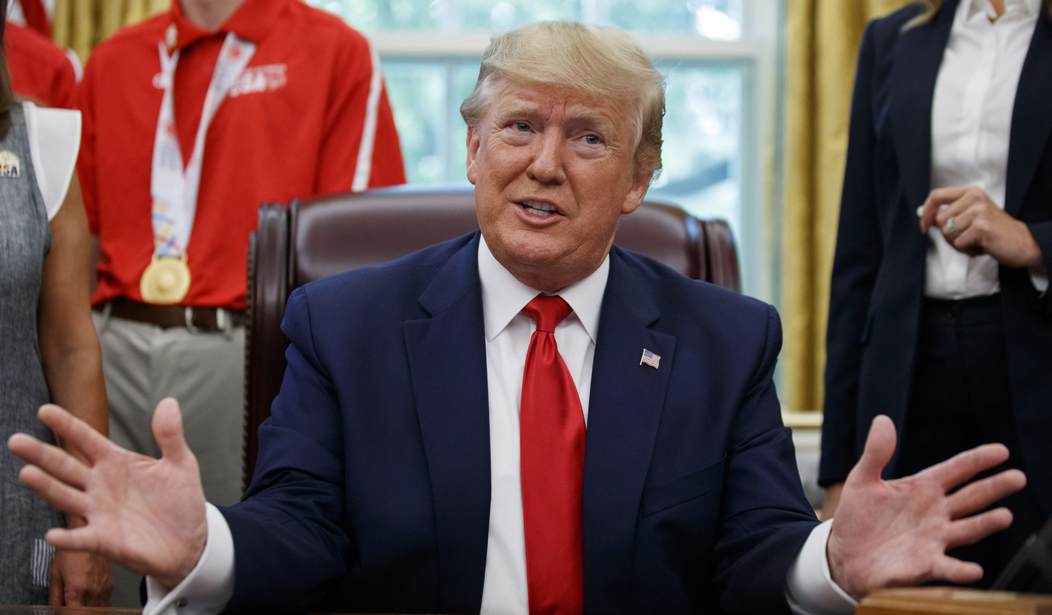WASHINGTON — The two-year budget agreement that the Trump administration has reached with congressional leaders raises the debt ceiling and increases federal spending.
Under the agreement, spending jumps by about $320 billion and the debt limit is extended through July 2021. The deal increases the Department of Defense budget and also raises federal spending on domestic discretionary programs. President Trump, who advocated for eliminating the Obama-era defense spending caps as a candidate, signed increases in the Department of Defense budget in 2017 and 2018.
The national debt stands at more than $22 trillion. The deficit is approaching $1 trillion. In fiscal year 2018, the deficit was almost $800 billion dollars.
In June, outgoing White House Council of Economic Advisers Chairman Kevin Hassett told PJM that Trump was “really serious” about addressing the rising deficit. Hassett was asked if he thinks fiscal conservatism is dead within the GOP.
“If you look at the increase in the deficit, you know, revenues haven’t really gone down the way that some of the naysayers who opposed the tax cuts had suggested but spending has gone up. I think one reason why spending has gone up is that President Trump and Republicans prioritized rebuilding our defense, which they thought maybe we had underspent on in the previous few years, but going into the budget season, it’s a high priority for the White House to put forward a budget that gets ahead of the curve on spending,” Hassett said.
“And if you look at the president’s budget, which is his real objective, his policy objective, it calls for 5 percent across-the-board spending cuts for the cabinet agencies. I think that shows this president is really serious about the deficit, but I think whether Congress will play ball as well remains to be seen,” he added.
Before he ran for president, Trump urged Republicans to “use the debt ceiling as leverage to make a great deal” on federal spending. When President Barack Obama was in office, former House Speaker John Boehner and the House Republican caucus advocated for spending cuts equivalent to the size of the debt limit increase. In 2011, the debt limit battle in Congress, led by Tea Party-backed conservative lawmakers, led to Standard and Poor’s deciding to downgrade the U.S. credit rating.








Join the conversation as a VIP Member